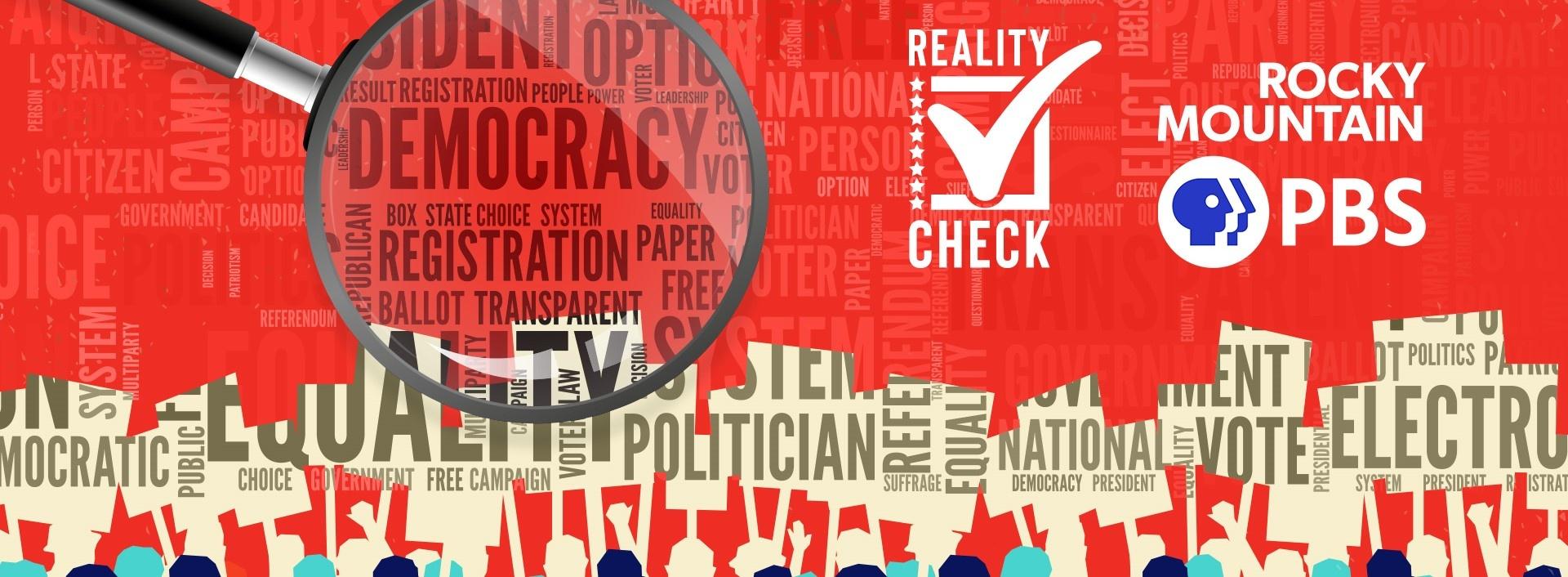
Rocky Mountain Public Media is committed to improving digital media literacy in Colorado. We aim to achieve this by fact-checking claims that are likely to be passed on or repeated by others, teaching our fact-checking process, and partnering with educators, librarians and others to amplify similar efforts.
Our partners include MediaWise, a nonprofit, nonpartisan program of The Poynter Institute.
Our fact-checking is rooted in the Digital Inquiry Group's Civic Online Reasoning curriculum, which boils down to three questions:

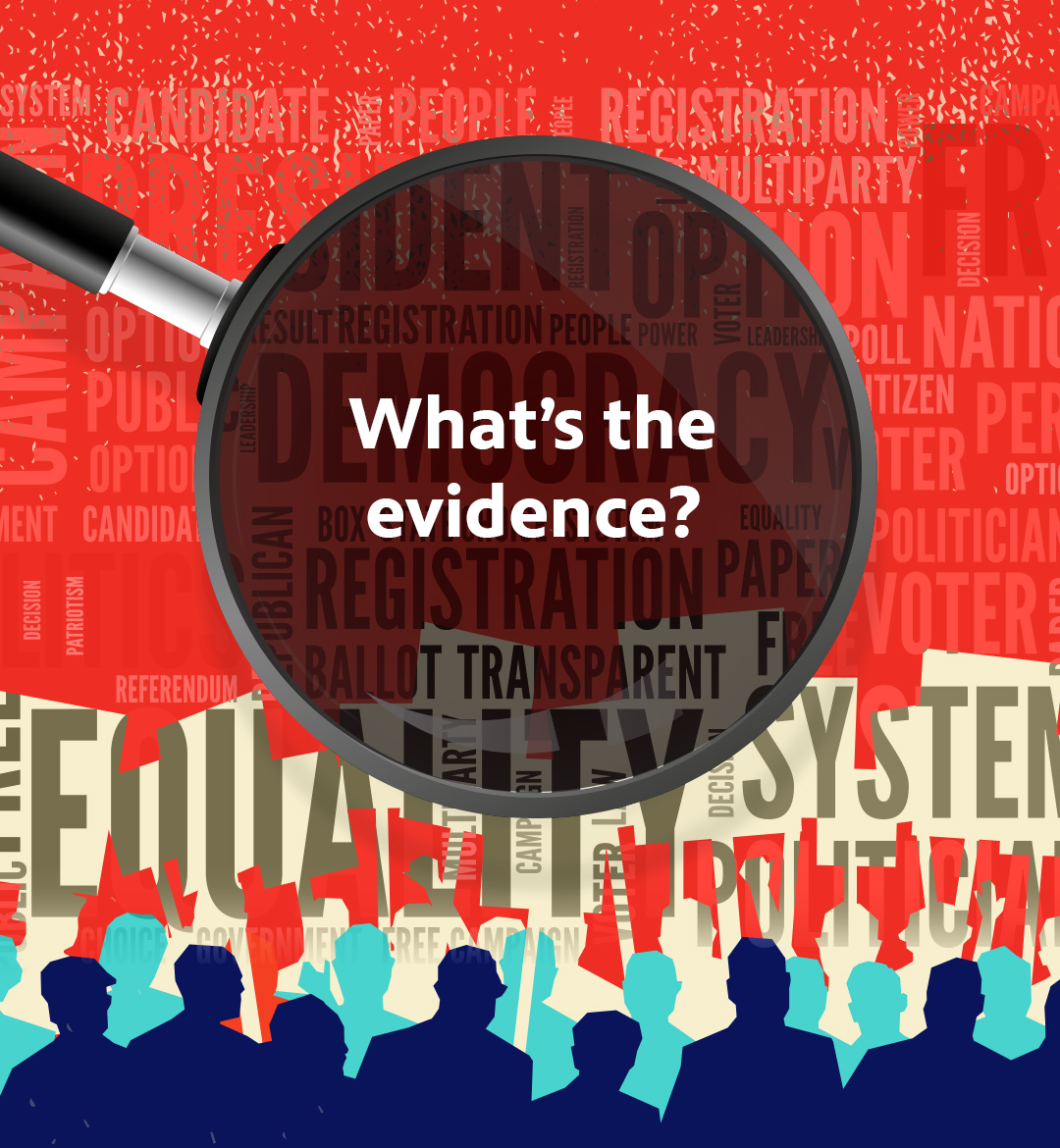


Have a claim in Colorado you want us to fact-check? Email us at journalism@rmpbs.org.
See our fact-checked content below.
Reality Check
Note: The media literacy interventions below are generally ordered from shorter to longer time obligations.
Fact-checking and media literacy resources
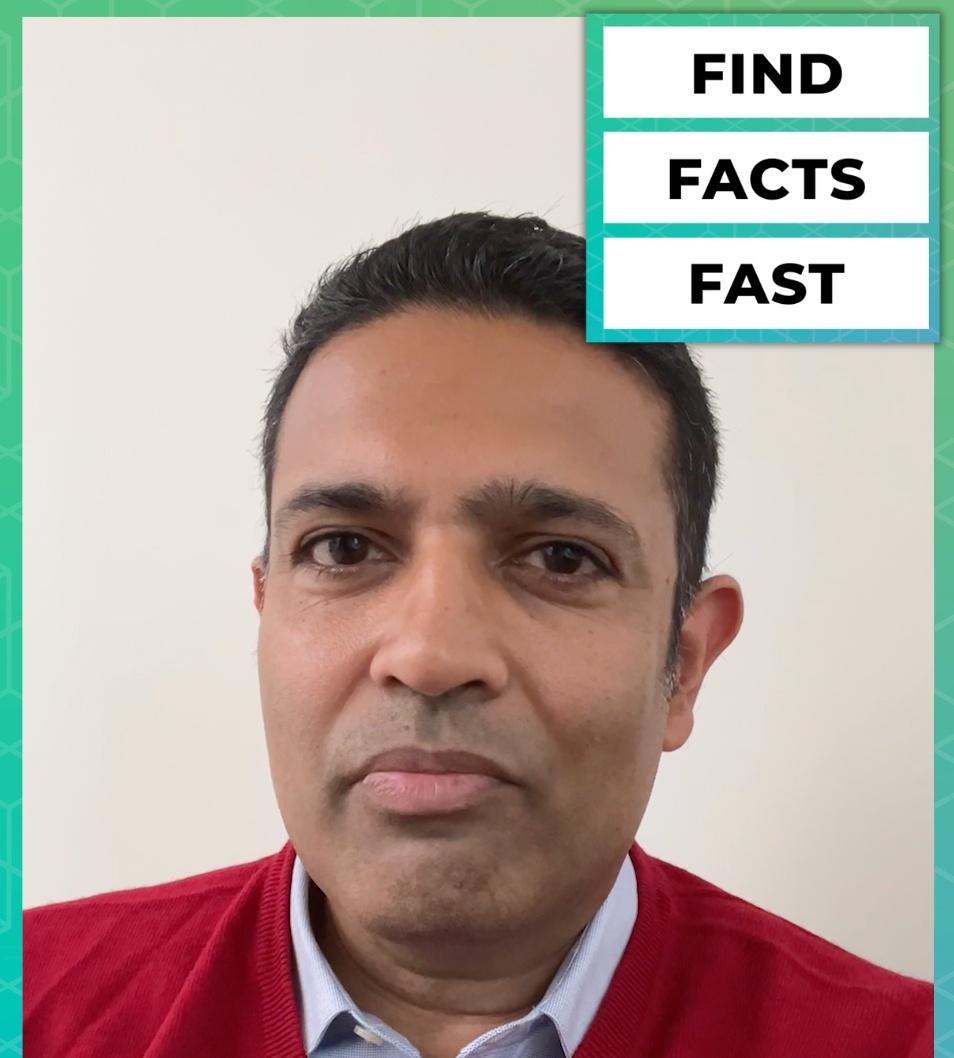
Find Facts Fast
Find Facts Fast is a free text message course designed to help Americans of all ages and backgrounds separate fact from fiction online.

Is This Legit? Digital Media Literacy 101
We live in a digital age where our worldviews, opinions and habits can be shaped by what we see online. Let’s make sure your social feeds are filled with quality content you can trust.Learn how to master the flood of suspicious information taking over the internet in this free, self-directed course from MediaWise Campus Correspondents.
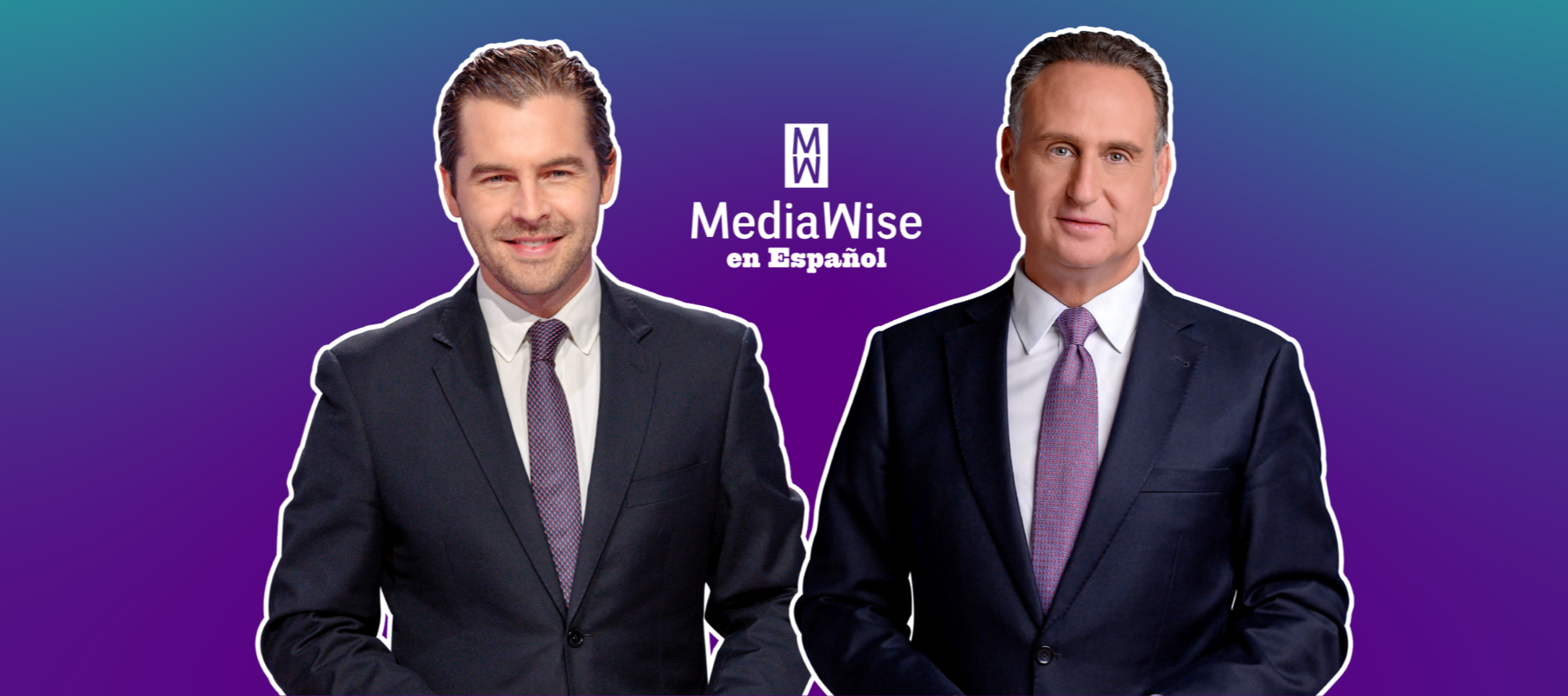
Para hispanohablantes, MediaWise desarrolló curso en línea
La información falsa abunda en Internet. Pero hay recursos para no dejarse engañar. Estas lecciones gratuitas de MediaWise en Español le enseñarán técnicas para identificar información engañosa, falsa y peligrosa y cómo buscar fuentes confiables. Los embajadores de MediaWise en Español, José Díaz-Balart y Julio Vaqueiro, también compartirán consejos como periodistas con años de experiencia.
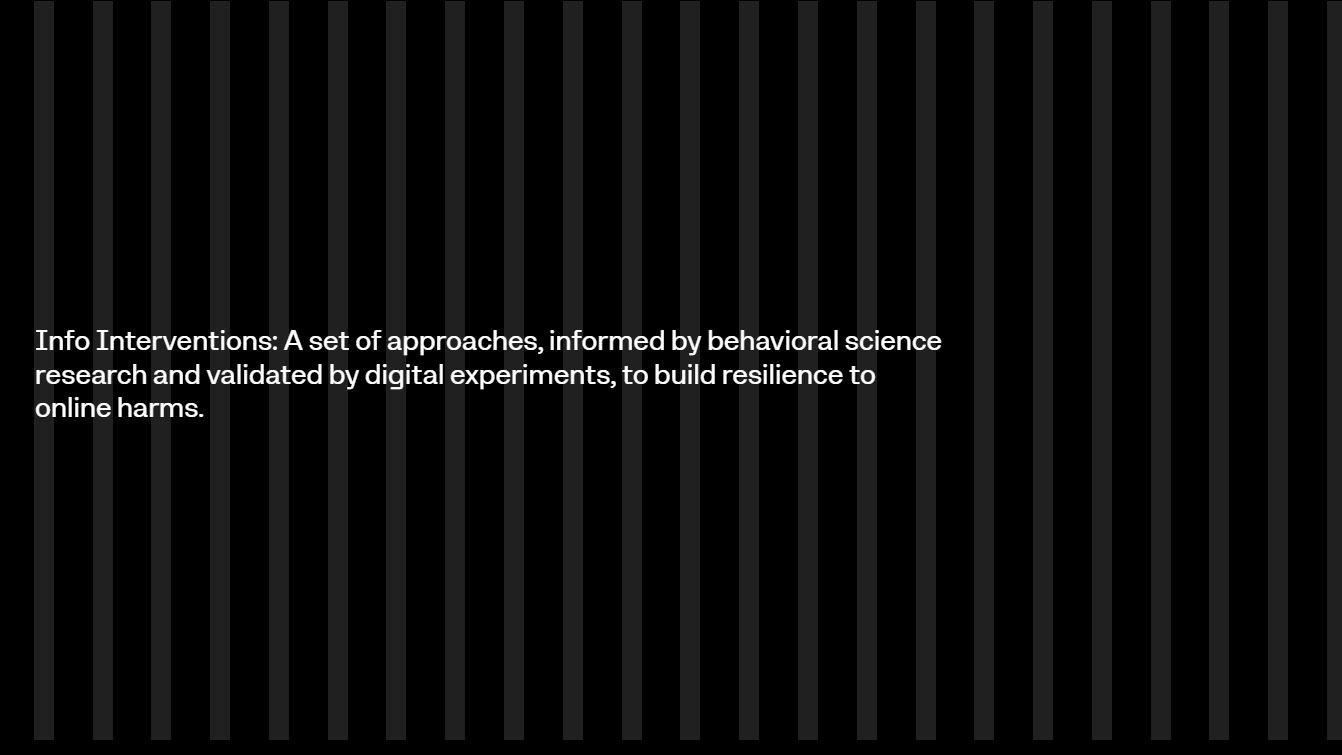
Info Interventions with Google Jigsaw
Google Jigsaw created a website with the videos, plus shorter versions, and additional prebunking campaigns along with a how-to guide for practitioners, papers, and blog posts.
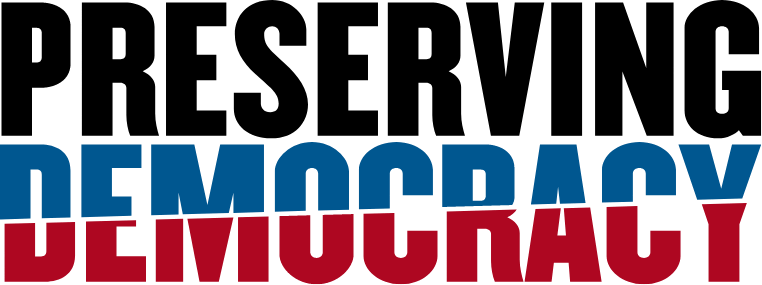
Preserving Democracy
Preserving Democracy is a unique multi-platform initiative from The WNET Group covering what is perhaps the most critical national issue of our time. The initiative supports, coordinates, and disseminates innovative reporting from public media across all platforms on a national level, tracking efforts both to limit and to protect voter participation at all levels of government.
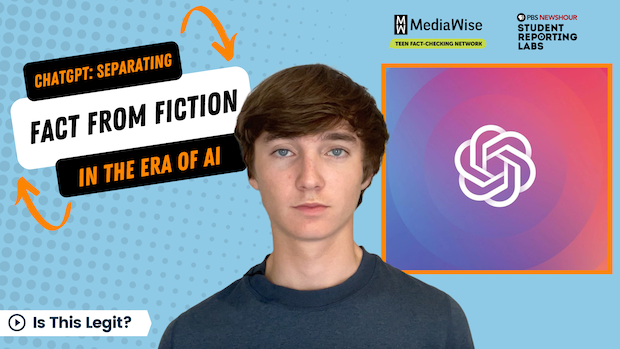
Be MediaWise:Lessons to Teach Media Literacy
Be MediaWise is a series of media literacy lessons that teach specific fact-checking skills to help students sort fact from fiction online. These lessons were developed by PBS NewsHour Student Reporting Labs in partnership with MediaWise and the Teen Fact-Checking Network, which are part of the Poynter Institute.

Truth Labs for education inoculation videos
Truth Labs for Education is a collaboration between Cambridge University, the University of Bristol, and Google Jigsaw. The short videos were designed to help people resist unwanted persuasion online. The videos are rooted in a framework from social psychology called inoculation theory, which posits that by exposing people to a weakened dose of a persuasive argument or technique and pre-emptively refuting it, they develop psychological resistance against future manipulative persuasion attempts.
Crash Course Navigating Digital Information Preview
John Green previews the new Crash Course on Navigating Digital Information! We've partnered with MediaWise, The Poynter Institute, and The Stanford History Education Group to teach a course in hands-on skills to evaluate the information you read online. The internet is full of information, a lot of it notably wrong. We're here to arm you with the skills to separate the good stuff from the inaccurate stuff, and browse the internet with confidence.
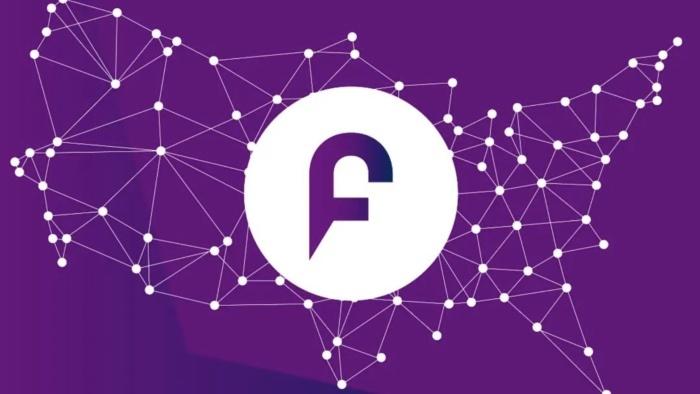
Factchequeado
En Factchequeado, por medio de periodismo de calidad, verificamos la desinformación que circula en redes sociales como Facebook, TikTok, YouTube y Twitter, en WhatsApp y Telegram, y en medios de comunicación masiva como noticieros y periódicos, para ayudarles a los ciudadanos a saber si los contenidos que reciben son veraces, falsos, están basados en poca o ninguna evidencia, o les falta contexto.
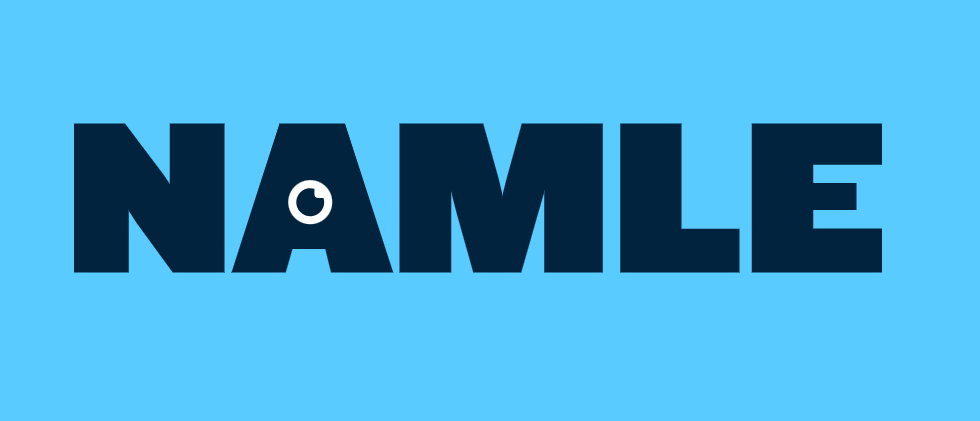
The National Association for Media Literacy Education
As the leading voice, convener, and resource for media literacy education, NAMLE aims to make media literacy highly valued and widely practiced as an essential life skill.NAMLE envisions a day when everyone, in our nation and around the world, possesses the ability to access, analyze, evaluate, create, and act using all forms of communication. Media literacy education refers to the practices necessary to foster these skills.

The News Literacy Project
The News Literacy Project, a nonpartisan education nonprofit, is building a national movement to advance the practice of news literacy throughout American society, creating better informed, more engaged and more empowered individuals — and ultimately a stronger democracy.
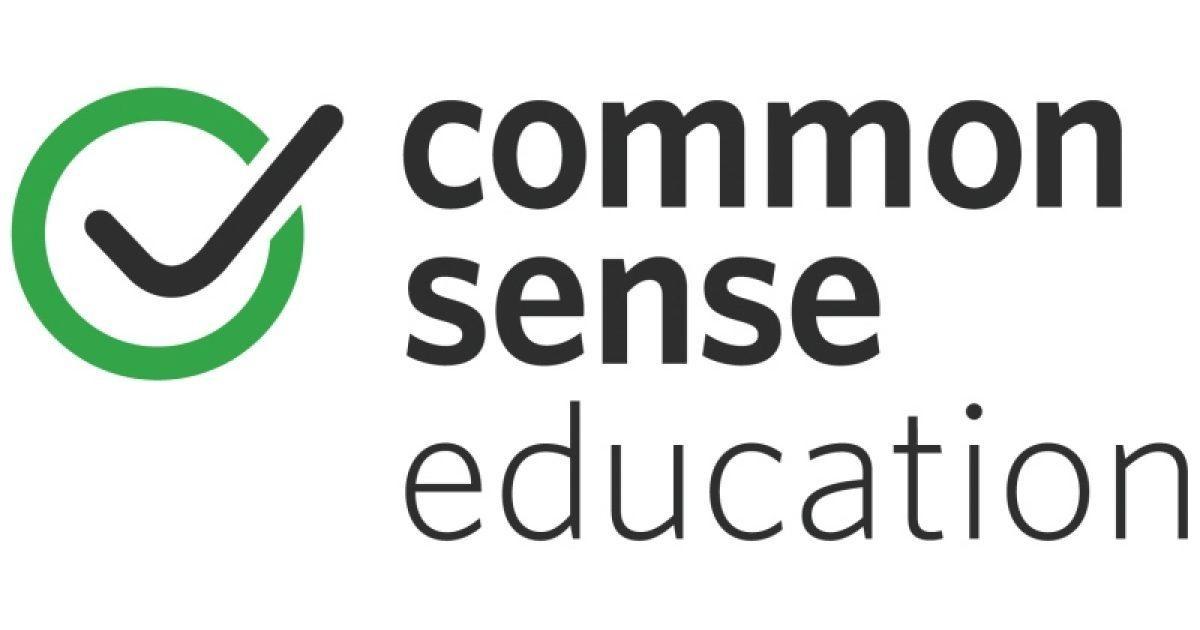
Common Sense Education
Common Sense Education believes in media that inspires and entertains families of all kinds. In technology that protects privacy and supports communities. In learning tools that prepare students and teachers for success in a connected world. Discover how we're working to make the digital world better for kids and families.
Colorado resources
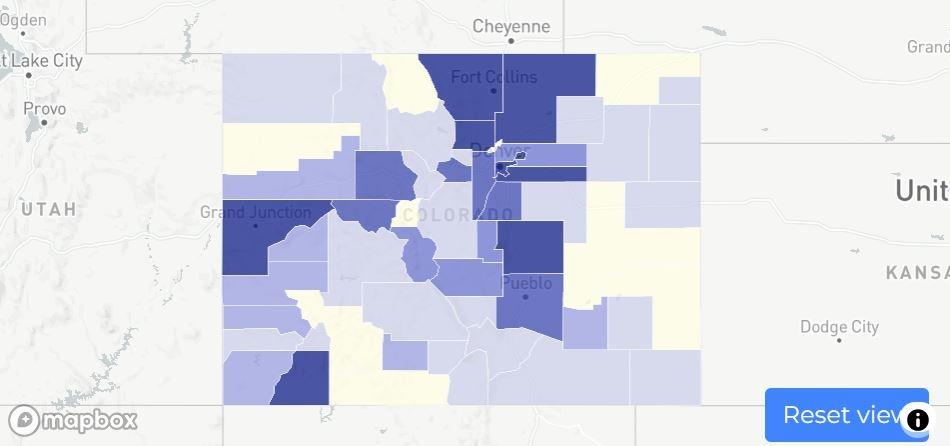
Colorado News Mapping Project
The Colorado News Mapping Project is a collaboration among the Colorado College Journalism Institute, the University of Denver, Colorado Media Project, the Colorado News Collaborative, and others. This work seeks to help Coloradans find and learn more about existing sources of local news and information.
The Institute for Science & Policy
Symposium 2021 Keynote: Lee McIntyre, Author, How to Talk to a Science Denier
Who stands to benefit from disinformation? It doesn't come out of nowhere, says our first keynote speaker, Lee McIntyre. Often, the falsehoods that circulate in our media ecosystem are the product of deliberate efforts to confuse and mislead.
Colorado State University
How to Have Difficult Conversations: A Guide to Finding Common Ground in Divided Times
Martin Carcasson from CSU Center for Public Deliberation discusses various strategies for having more constructive and productive conversations, especially in the context of addressing complex and divisive issues. Learn more at https://cpd.colostate.edu/

How to talk about misinformation and start the conversation
CSU Center for Public Deliberation, the Colorado News Collaborative (COLab), and the Denver Museum of Nature & Science’s Institute for Science & Policy developed a discussion guide for communities to use to talk about misinformation.
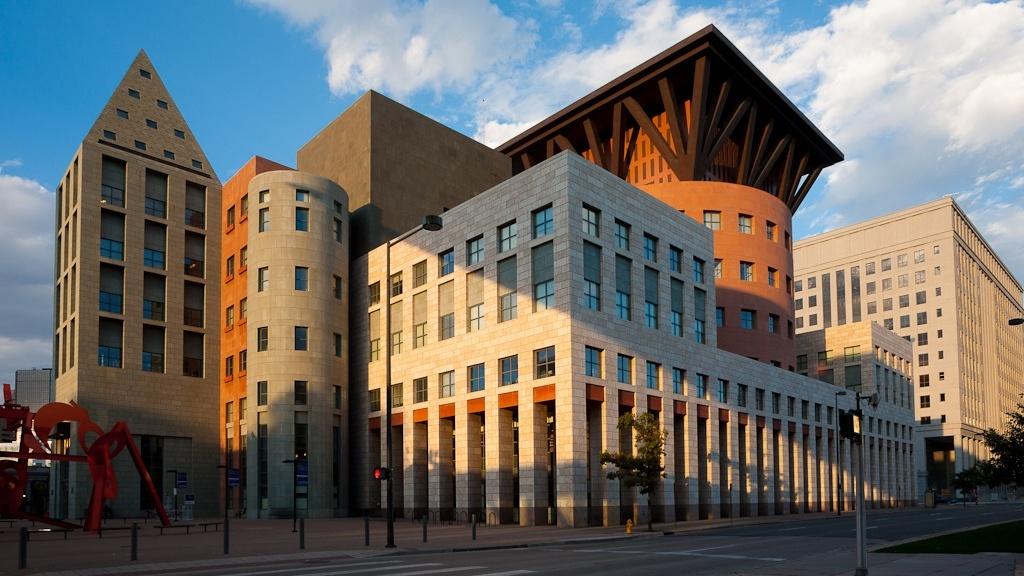
Denver Public Library: Spotting Misinformation
Resources from the Denver Public Library on learning about, spotting, and fighting misinformation.
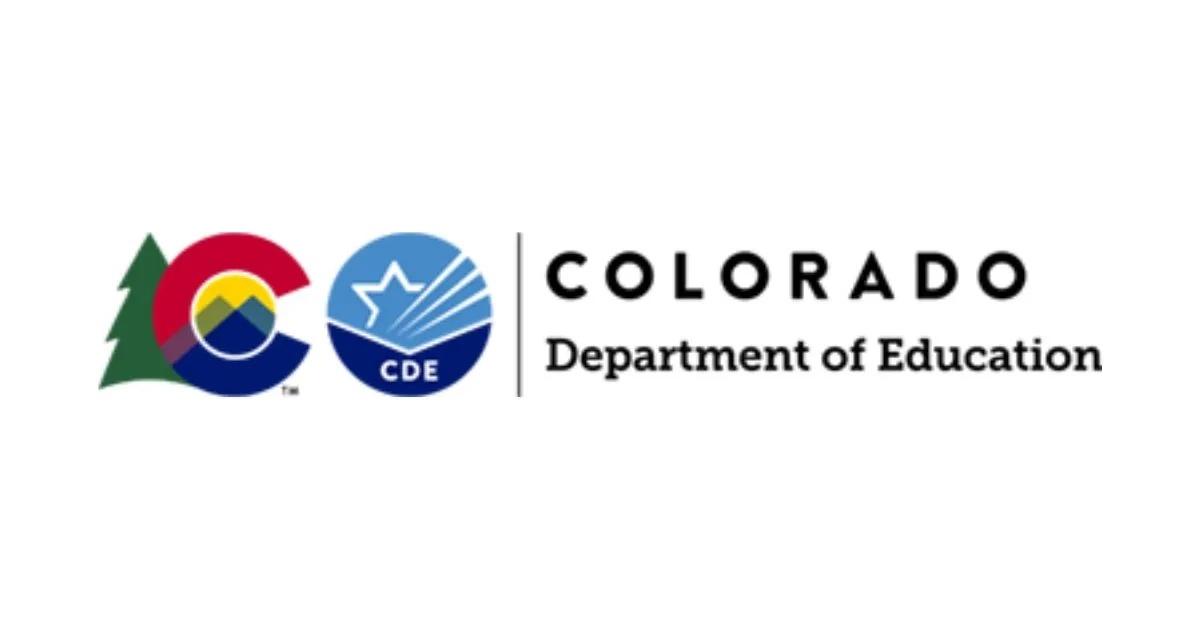
Colorado Department of Education
In order to protect and reinforce this important right, the functioning of our democracy requires that Coloradans possess the ability to understand context, think critically about the information they are presented, and be free from indoctrination.

CSU's Year of Democracy and Civic Engagement
The Thematic Year is a central university initiative that serves to highlight the incredible research, programs, academic initiatives, students, faculty and staff who are accomplishing extraordinary things at CSU.

Colorado Virtual Library
Resources from the Colorado Virtual Library on media literacy for children, adults and educators.
The latest fact checks from PolitiFact
Meet our partners
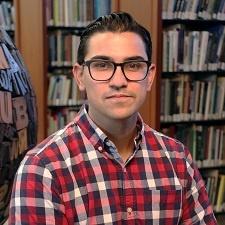
Alex Mahadevan
Director, MediaWise
The Poynter Institute

Fernanda Camarena
Former manager of Standards & Practices at NBC News
The Poynter Institute